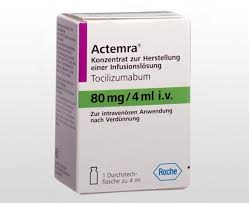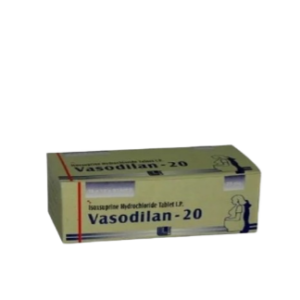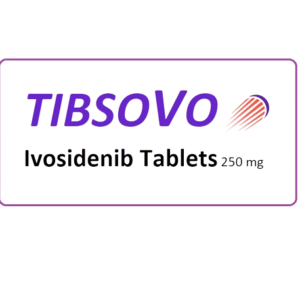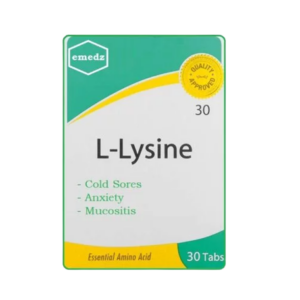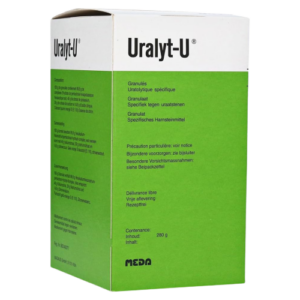Condition : New
0
From UAE
To United States
in 5-10 days
Description
Related products
-
Uncategorized
Uralyt-U Exporter in Dubai, UAE | Best Price | Express Shipping | Long Expiry
Rated 0 out of 5د.إ52.00د.إ45.00

